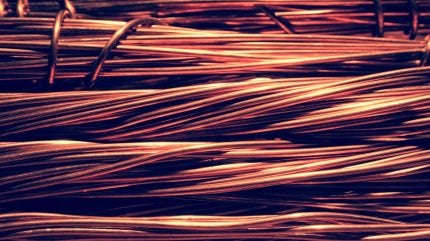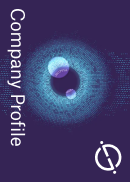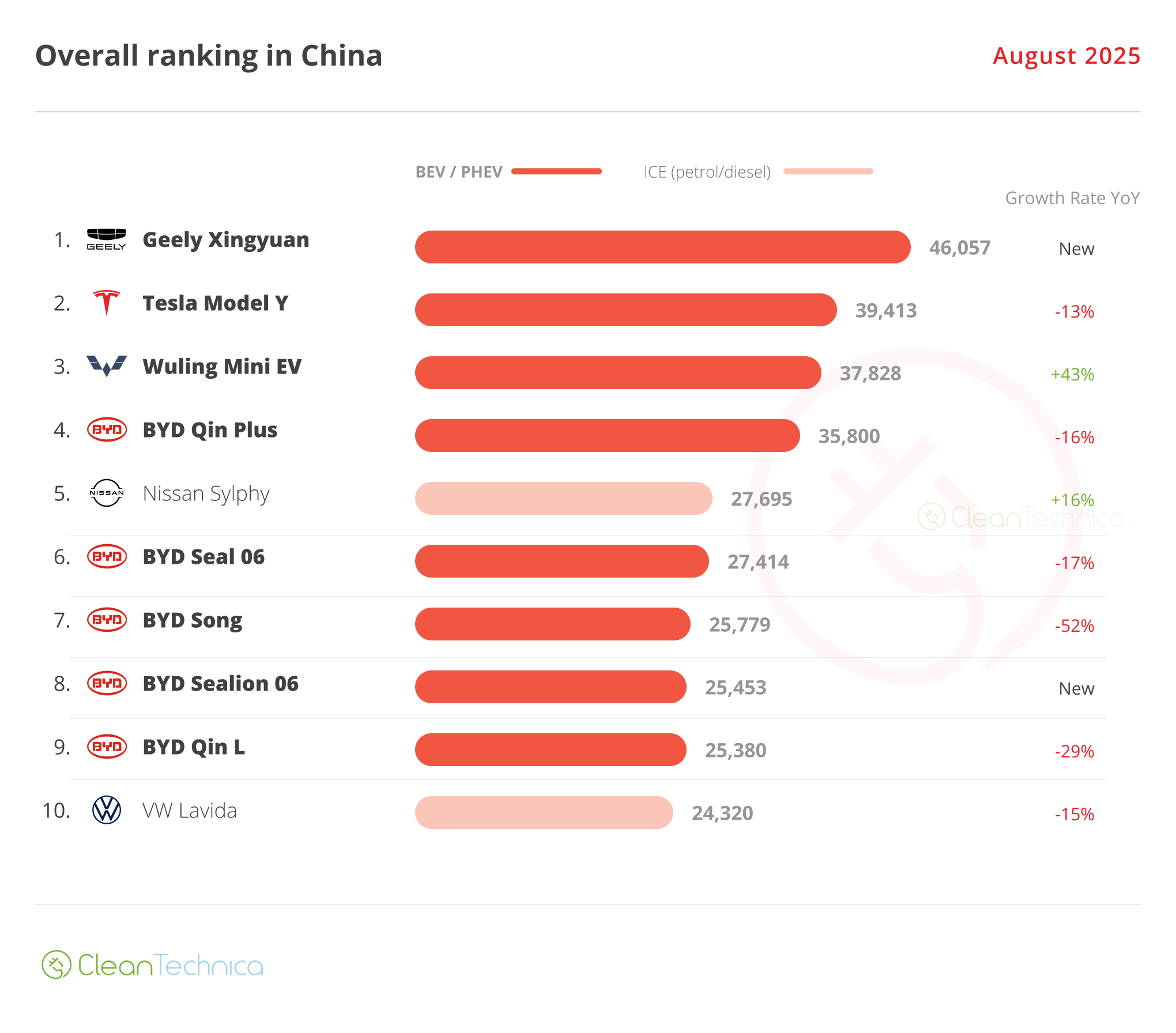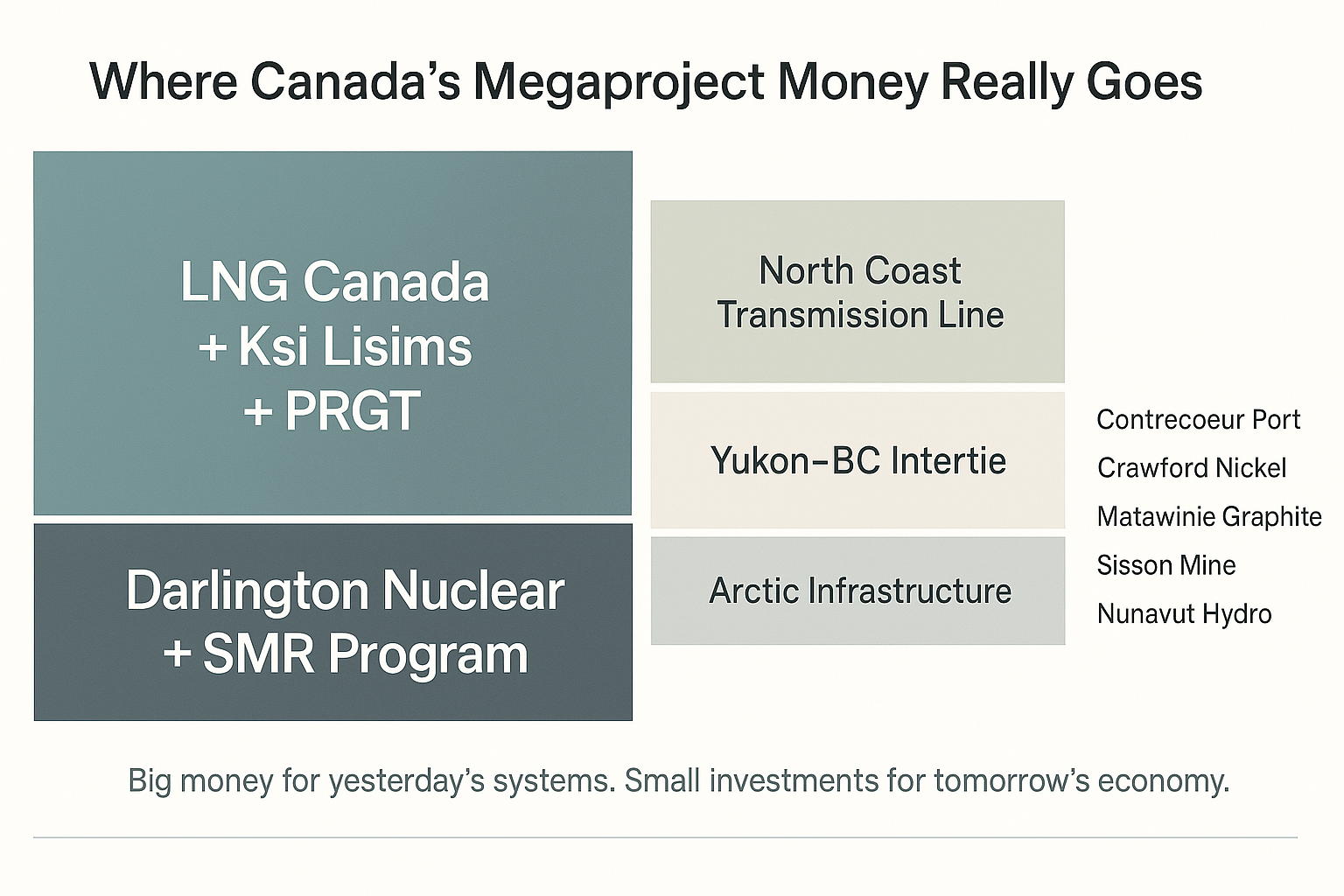
Indonesian President Joko Widodo has launched two large copper smelters to enhance the nation’s position in the global mining market.
One of the smelters is owned by PT Amman Mineral International.
This $1.4bn (Rp21.26trn) copper smelter and precious metal refinery is located in West Sumbawa Regency, West Nusa Tenggara Province.
The facility is equipped to process 900,000tpa of copper concentrate.
PT Amman Mineral’s smelter features advanced double flash cyclone technology to produce copper cathode as its main product.
This facility is expected to produce 18 tonnes (t) of gold, 220,000t of copper cathodes, 55t of silver and 850,000t of sulphuric acid as a by-product each year.
Access the most comprehensive Company Profiles on the market, powered by GlobalData. Save hours of research. Gain competitive edge.

Your download email will arrive shortly
We are confident about the unique quality of our Company Profiles. However, we want you to make the most beneficial decision for your business, so we offer a free sample that you can download by submitting the below form
By GlobalData
The second smelter is owned by PT Freeport and located in the Gresik Special Economic Zone (KEK) JIIPE, Gresik Regency, East Java Province.
Entailing an investment of Rp56trn, this smelter is designed to process 1.7 million tonnes of copper concentrate sourced from Papua and will produce copper cathode.
Widodo highlighted the importance of enhancing the downstream industry to achieve Indonesia’s goal of becoming a developed, industrialised nation with self-sufficiency in natural resource processing.
These operations are expected to have a considerable positive impact on both the local and national economies, particularly through the increase in the gross regional domestic product of NTB Province and the creation of job opportunities for the community.
Widodo said: “As the owner of the world’s seven largest copper reserves, we have entered a new chapter in the downstreaming of the copper industry, and we want to welcome becoming an advanced industrial country by processing its own natural resources.”




